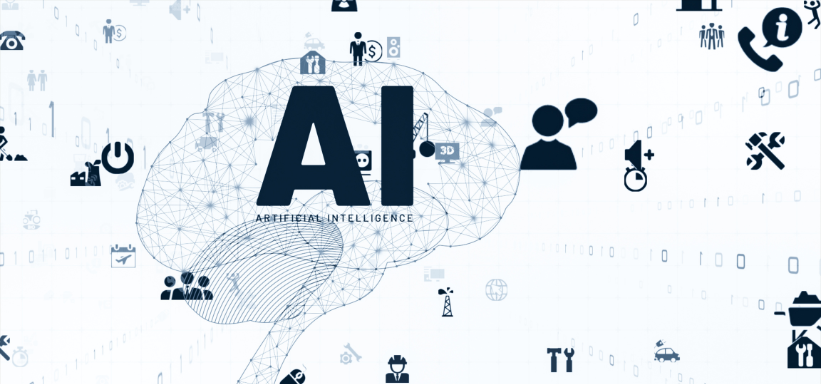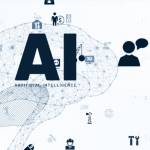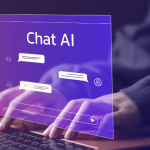Executive Summary
-
Artificial Intelligence (AI) is transforming urban environments, making them more efficient and sustainable.
-
Explore the benefits of AI in smart cities, such as improved public services and reduced environmental impact.
-
Understand the challenges and risks associated with AI implementation in urban settings.
-
Learn from a real-world case study of a city successfully integrating AI into its infrastructure.
-
Discover expert tips and resources to leverage AI for urban development.
Introduction
Urban living is at a transformative crossroads with the rise of smart cities powered by Artificial Intelligence (AI). As cities worldwide grapple with challenges like population growth, pollution, and resource constraints, AI offers innovative solutions to redefine urban infrastructure and enhance quality of life. This topic is crucial for city planners, investors, and tech companies aiming to create sustainable, efficient, and livable urban spaces. In this article, you’ll learn about AI’s role in smart cities, its benefits, challenges, and how to strategically implement these technologies for maximum impact.
Definitions / Context
Smart Cities: Urban areas that utilize technology, particularly AI, to enhance performance, quality of life, and sustainability.
Artificial Intelligence (AI): The simulation of human intelligence in machines programmed to think and learn like humans, crucial for smart city infrastructure.
Benefits / Pros
-
Enhanced Public Services: AI optimizes traffic management, waste collection, and public safety services, improving efficiency and responsiveness.
-
Energy Efficiency: AI-driven systems reduce energy consumption through smart grids and IoT-enabled devices, lowering costs and environmental impact.
-
Increased Connectivity: AI fosters interconnected urban environments, enhancing communication between systems and citizens.
Risks / Cons / Challenges
-
Data Privacy Concerns: Implementing AI in smart cities raises significant privacy issues due to constant data collection.
-
High Initial Costs: The upfront investment for AI infrastructure can be substantial, posing financial challenges for municipalities.
-
Technical Complexity: Integrating AI with existing urban systems requires expertise and can be technologically challenging.
How to Implement AI in Smart City Infrastructure
-
Assess Needs: Identify specific urban challenges that AI can address, such as traffic congestion or energy inefficiency.
-
Develop a Strategy: Create a comprehensive plan that includes stakeholder engagement, budget allocation, and timelines.
-
Pilot Projects: Start with small-scale implementations to test AI solutions and make necessary adjustments.
-
Scale Up: Gradually expand successful AI applications across the city, ensuring continuous monitoring and improvement.
City of Barcelona: Barcelona has effectively integrated AI into its urban infrastructure, utilizing IoT sensors to manage traffic flow and reduce energy consumption. The city’s smart lighting system adjusts brightness based on pedestrian activity, significantly reducing energy use and costs.
Case Study: City of Barcelona
Expert Tips / Strategic Insights
-
Collaborate with Tech Partners: Engage with technology providers to access cutting-edge AI solutions and expertise.
-
Focus on Citizen Engagement: Ensure that AI initiatives prioritize citizen needs and improve quality of life.
-
Monitor and Adapt: Implement continuous feedback loops to refine AI systems and address emerging challenges.
Tools / Resources / Calculators
-
Smart City Index: A benchmarking tool to evaluate urban areas’ performance in adopting smart technologies.
-
AI Readiness Toolkit: Resources to assess a city’s preparedness for integrating AI into its infrastructure.
Conclusion
AI is a game-changer for urban environments, offering unprecedented opportunities to enhance infrastructure and improve quality of life. As cities navigate the journey towards becoming smart cities, understanding AI’s benefits, challenges, and strategic implementation is vital. For tailored advice on leveraging AI in urban development, reach out to our expert consultants.




















